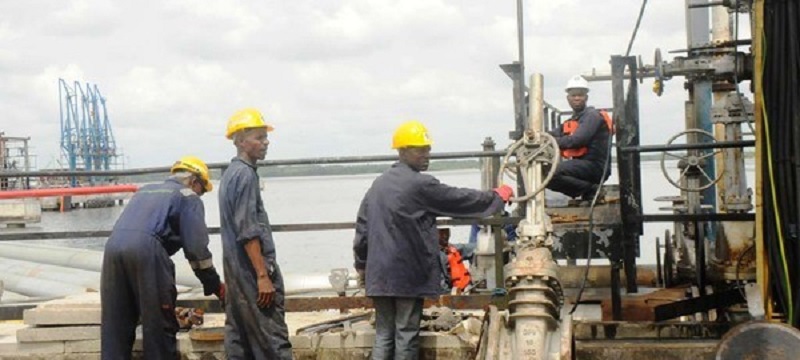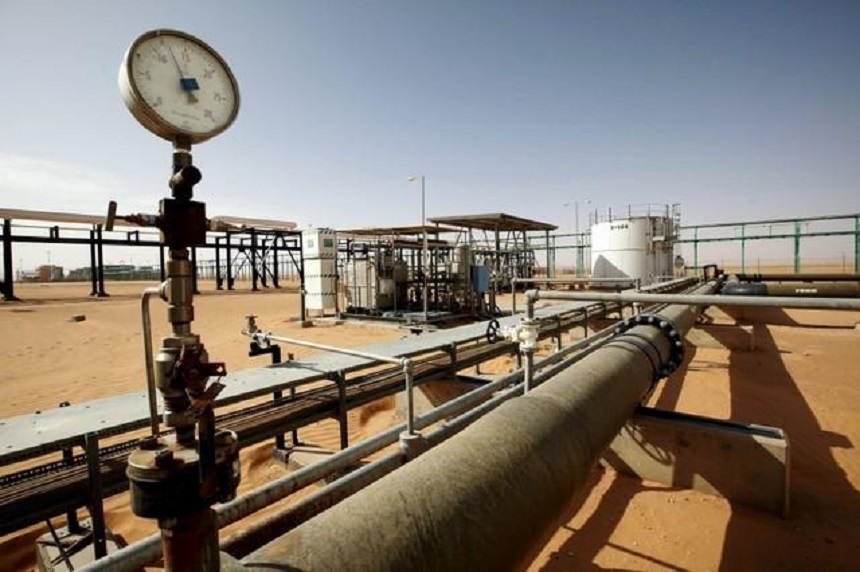The Minister of State for Petroleum Resources (Oil), Mr Heineken Lokpobiri, has attributed the consecutive decline in Nigeria’s oil production capacity to 1.23 million barrels to issues from the Shell-operated Trans Niger Pipeline (TNP) as well as on maintenance activities by some oil companies.
Business Post had reported that the Organisation of Petroleum Exporting Countries (OPEC) recently announced a steady decline in Nigeria’s oil production from 1.427 million barrels per day in January 2024 to 1.322 million barrels per day in February and further down to 1.231 million barrels per day in March 2024.
OPEC in its Monthly Oil Market Report for April 2024 stated that crude oil production details which it got through direct communication from Nigeria showed that the country pumped less oil in March when compared to what was produced in February and January.
Data from the report indicated that Nigeria produced 1.322 million barrels per day of crude in February this year, but this dropped to the level in March, representing a plunge of 91,000 barrels per day; while the country had produced 1.427 million barrels per day of crude in January, which was not sustained in February and March.
Reacting to the report by OPEC, Mr Lokpobiri on X assured that Nigeria’s 1.7 million barrels per day oil and condensate production capacity will be restored soon, as decisive measures were taken to address the situation.
He said, “In response to recent concerns about a shortfall in our oil production during the first quarter of this year, I want to assure everyone that we’re taking decisive measures to address the situation. The reported shortfall was mainly due to issues on the Trans Niger Pipeline and maintenance activities by some oil companies.
“I’m pleased to announce that we’ve resolved these issues, and production is expected to return to previous levels very soon. Our oil production, including condensate at approximately 1.7 million barrels per day, will soon be restored.
“We’re also actively evolving our policies to maximize the utilization of all available wells in Nigeria. This strategic move will help us increase production, thereby generating crucial revenue to stabilize our foreign exchange reserves and fund essential infrastructure projects outlined in the 2024 budget.
“As we navigate through these challenges, I want to assure everyone of renewed hope. Let’s all remain committed to ensuring the sustainability and growth of Nigeria’s oil sector, which is vital for our economy.”


































